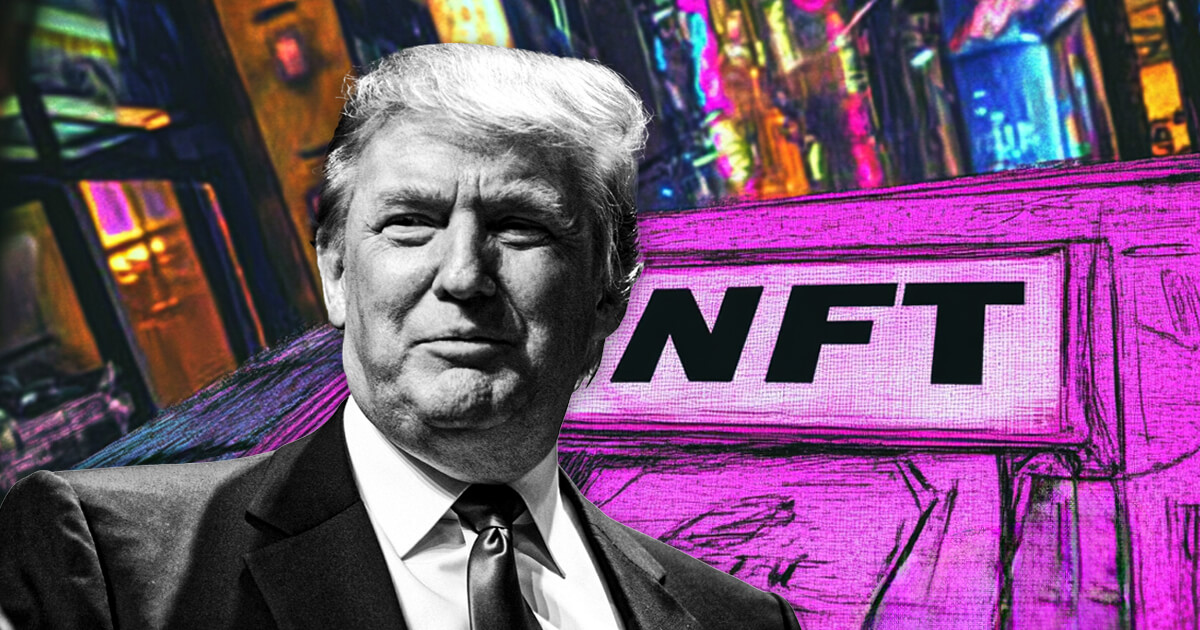
Former US President Donald Trump‘s fourth NFT collection has generated over 22,000 transfers on the Polygon network, translating to more than $2 million in sales, according to on-chain data.
This level of interest is noteworthy, mainly since these NFTs cannot be sold on secondary markets until Jan. 31, 2025.
However, this performance starkly contrasts his earlier collections, which sold out swiftly after their launch. Current figures indicate that Trump has only sold about 6% of the 360,000 total NFTs more than 24 hours after the collection’s release.
If the collection eventually sells out, it could generate $36 million in revenue, with each trading card priced at $99.
On Aug. 27, Trump unveiled the new set of NFTs issued by NFT International LLC. The trading cards feature images of a younger version of Trump depicted in various victorious poses or dressed as a superhero.
Trump also offered several incentives to buyers, such as a physical card for purchasing 15 NFTs, autographed cards, and a chance to dine with him in Jupiter, Florida, for those who buy 75 NFTs.
The former president has earned over $7 million from his previous NFT collections.
Trump’s election prospects
Trump’s latest NFT venture coincides with his tightening race against Vice President Kamala Harris in the upcoming election.
On the Polymarket decentralized prediction market, crypto bettors estimate Trump’s chances of winning at 50%, just ahead of Harris at 49%.
In a bid to boost his appeal, Trump has intensified his pro-crypto stance and added independent presidential candidate Robert F. Kennedy Jr. to his transition team. Kennedy recently backed out of the presidential race to support Trump’s bid for the Oval Office while remaining on the ballot in some states.
Meanwhile, Trump faces a new federal indictment from a grand jury in Washington, DC. The indictment, filed on Aug. 27, accuses him of attempting to overturn the 2020 presidential election results.
The charges include conspiracy to defraud the US, conspiracy to obstruct an official proceeding, obstruction of — and attempt to obstruct — an official proceeding, and conspiracy against rights.
